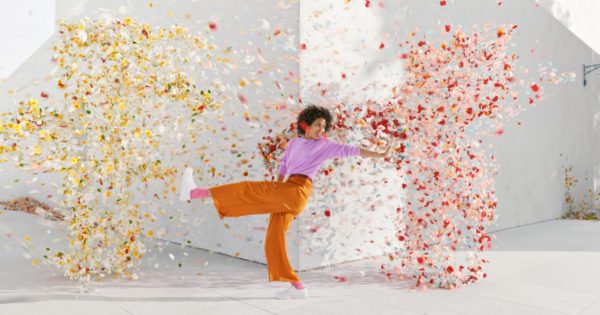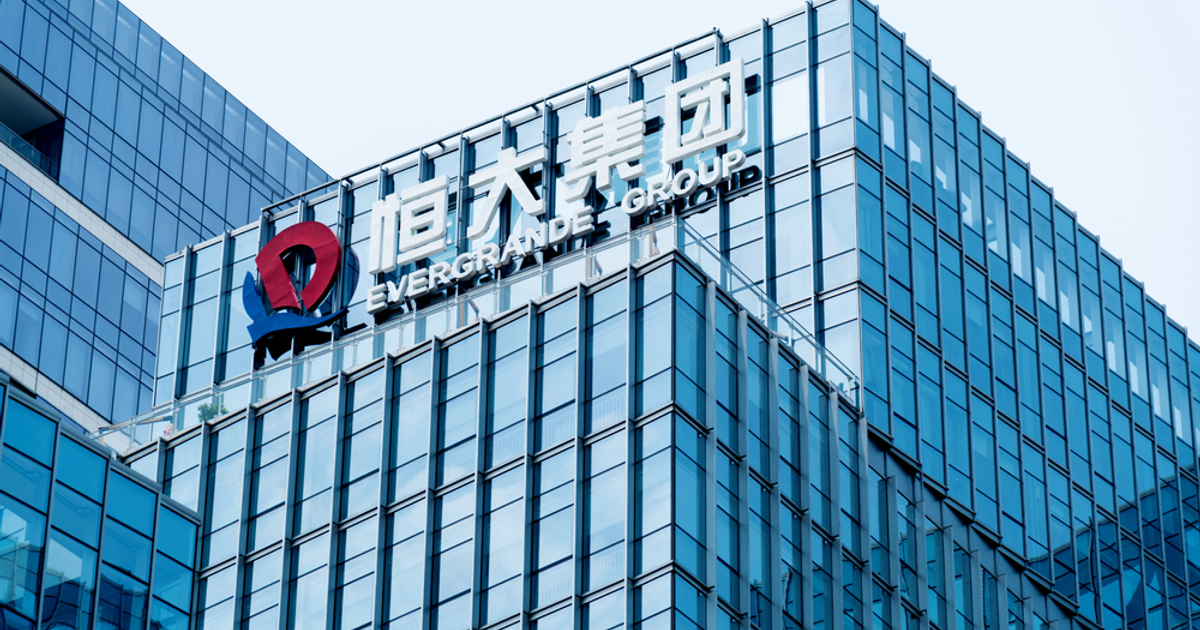The 3% Conference ends after a decade
The event is a casualty of COVID, but the group's mission will live on with "capsule" and virtual efforts.

The 3% Conference, perhaps the premiere industry event championing diversity and female leadership in the industry, is ending after a decade, Ad Age has learned.
The event, which regularly drew nearly 2,000 attendees, attracted a veritable who's who of top-level speakers and panelists including David Droga, now CEO of Accenture Interactive; Cindy Gallop, founder of Make Love Not Porn and If We Ran the World; Vita Harris, global chief strategy officer of FCB; and Margaret Johnson, partner and chief creative officer, Goodby Silverstein & Partners.
Nominate a barrier-breaking female marketing executive at AdAge.com/LeadingWomenAwards.
But the realities of COVID have caused the event's organizer, the 3% Movement, to change course. The group will be retooling its programming to offer more year-round virtual content and shorter “capsule” in-person events, and may drop its certification program, said Kat Gordon, founder and CEO of the 3% Movement.
Market conditions have also changed: When the 3% Conference started, only 3% of creative directors were female; now that number is up to 29%.
Finding more bandwidth
A big part of the decision had to do with how much time and effort the large event took to coordinate.
“There was a sense that after 10 years and 28 live events it’s time-consuming work if you do it really well,” Gordon said. “We delivered really thoughtful events that were high production value events where we sweated every detail and everything was beautifully art directed. It got to the point where I realized that even though the events were such a home run and brought in so much money, they took everything. They took a lot of money, they took a lot of my time.”
"I started to think about the world we're living in today versus when 3% launched and there's so much momentum around racial issues and gender expression and all these other things that relate to the central mission of 3%. I felt like I could not give my highest brainpower to those problems if I was still overseeing" the conference, she said.
Gordon is the sole owner and currently the only full-time employee of 3%, which at one point had 10 staffers.
“There was a lot I got pulled into that was sales-related, such as selling sponsorships; a lot of people wanted to talk programming ideas with me," said Gordon. "It was a great honor to do that and I felt there were elements of it that I loved, but I'm 56 years old and if I feel like I have 10 more years to give to this issue, which it would be so great to do, I just don't think that putting on events for the next decade is the highest use of my brainpower.”
She declined to discuss revenue figures but said that virtual events allowed the group to lower costs and ticket prices. Its first entirely virtual event in 2020 amassed 10,000 attendees, including 1,000 students who attended for free. Its hybrid conference last year filled 400 in-person seats, due to COVID restrictions, and “thousands of virtual attendees,” but less than the year prior, Gordon said.
'A lot to tackle'
Another offering that 3% will "probably" be moving away from is its certification program, which dissected and evaluated participating agencies' policies, programs, and systems around women in the workplace. Each certification typically took around two months. Currently, agencies that have been certified are 72andSunny, VMLY&R, Swift, Possible, and Forsman & Bodenfors. Only one agency was certified last year, not because of a lack of interest, but because of difficulties brought on by the pandemic, according to Gordon.
Enter the 2022 Small Agency Awards at AdAge.com/SAA2022
“3% certification was born out of no one owning the metric piece [of the lack of women in creative leadership]," said Gordon. "But it became clear that it's difficult to be both the awareness creator around an issue and the solver for everything that contributes to the problem. That's a lot for a small organization to tackle.”
From now on, the organization will be focused on bringing awareness to organizations like Agency DEI, whose sole focus is measuring the diversity numbers of agencies. Instead of the certifications, the organization could still consult with agencies in various ways, Gordon said, such as by offering them its belonging, inclusion and leadership talent survey to be filled out by employees.
Moving forward
The organization will now look to launch around eight virtual events annually and around three in-person events, although nothing is definite yet, Gordon said. A virtual roundtable the organization is streaming later this month focuses on the freelance workforce in the industry, hosted by Jill Gray, executive VP, client solutions at VidMob.
3% will also be shifting from its “Minicons,” which were essentially one-day conferences that happened throughout the year, to smaller events. “It could be a meetup in New York City in the summer where it's a cocktail party or maybe there's a speaker, but it's not so much conference-driven," said Gordon. "We would love to find more opportunities to bring capsule content into other events like South by Southwest or the 4A's, or even an agency conference.”
“Our sponsors have been asking for years for more year-round ways to support our community and have their conference sponsorship have a lasting impact,” Gordon added. “This enables us to meet sponsor requests, world health realities, and bring more people into the conversation around diversity and creativity.”
The organization will continue its virtual mentor matchmaking event, launched last year, where young female talent "speed dates" for 15-30 minutes with various senior female creative leaders from different companies. Gordon is also working on creating a report out of crowdsourced ideas that came out of the last conference around the topic of "isms," meaning racism, sexism, and ageism.
Making a difference
Gordon said that stepping back a bit allows her to enact true change herself. In November she took on a “creative entrepreneur in residence” role that she created within San Francisco-based agency Eleven. The goal is to ultimately build a curriculum for “modern creative leaders” as she looks to tackle the challenges creatives are facing amid the pandemic and shifts in the workforce.
Nominate a barrier-breaking female marketing executive at AdAge.com/LeadingWomenAwards.
"We're in a moment in time where everyone is awake to the realities of the importance of diverse perspectives in creative cultures, women being one group, but there are multiple groups that are underrepresented currently," said Gordon. "I don't think this is the kind of mission that will fully solve itself in my lifetime and I'm ok with that. But it feels really good to devote a good portion of my career to trying to make a difference.”

 BigThink
BigThink 






























